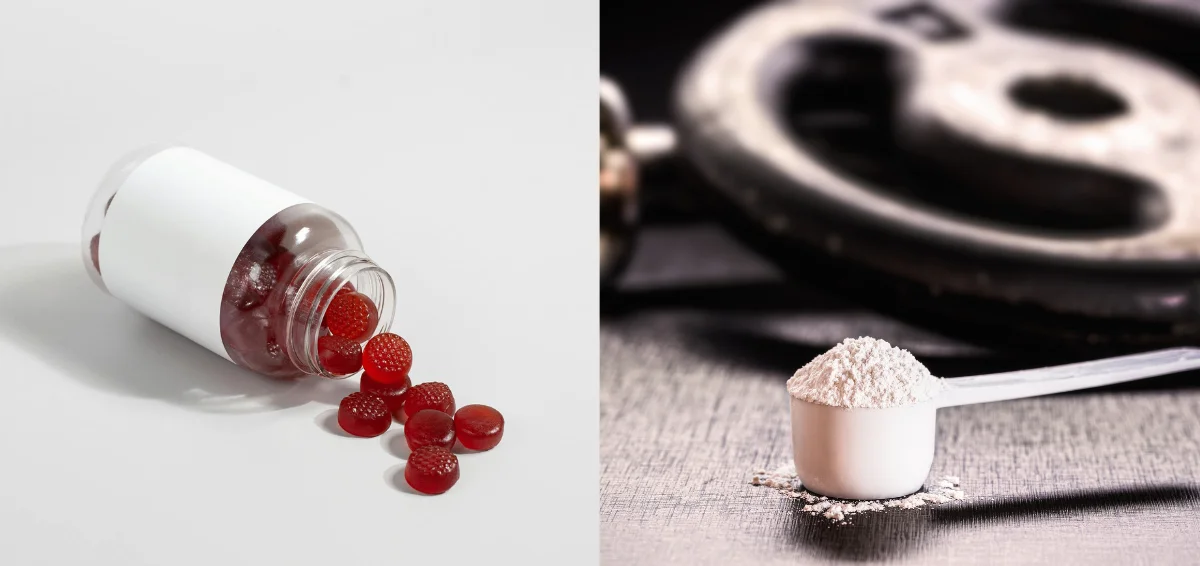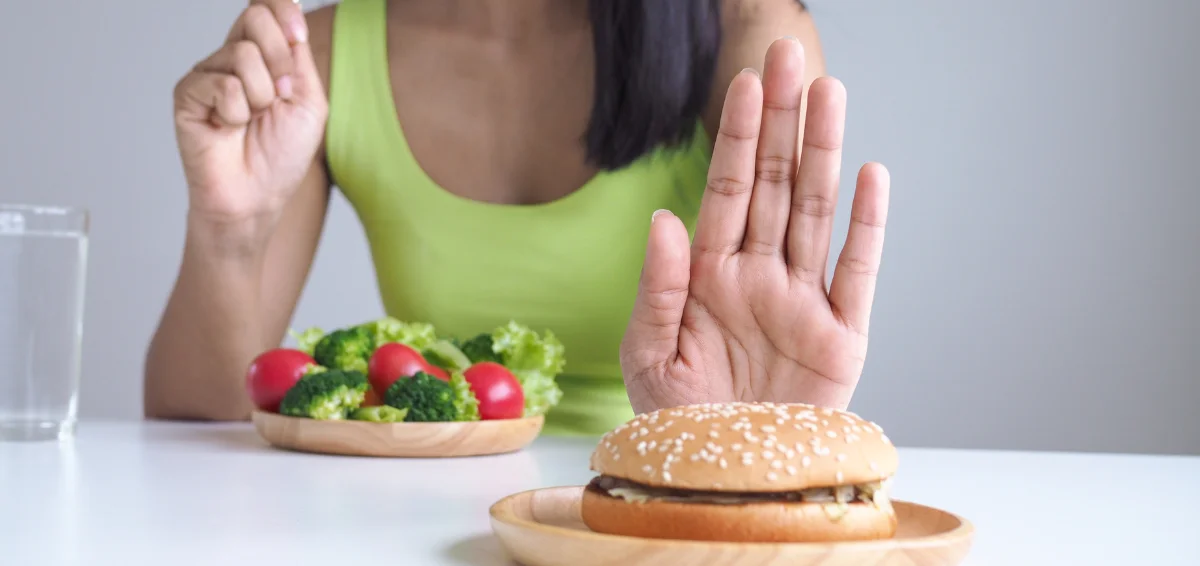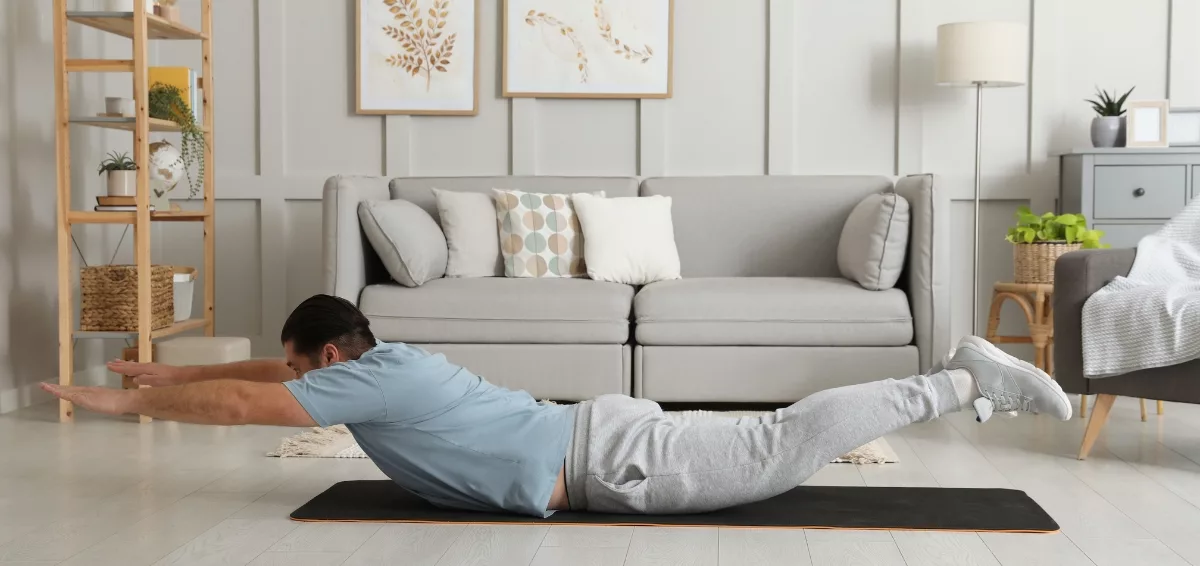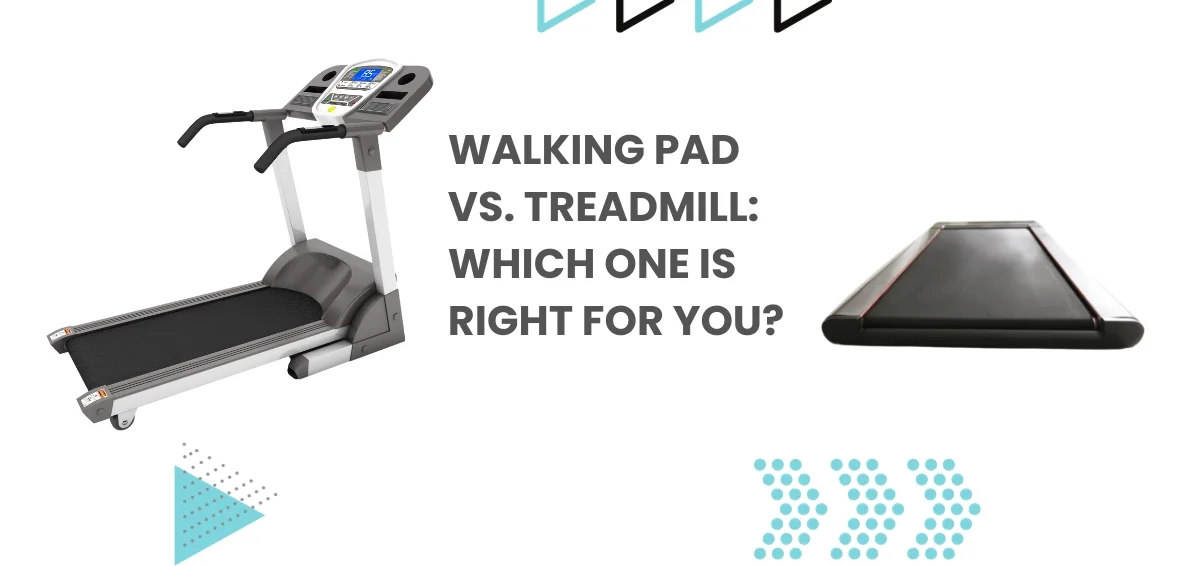
Degenerative disc disease (DDD) is a common condition among the elderly. It can arise with progressing age. People who engage in heavy manual labor can also experience it. The condition affects the pads between the spinal vertebrae. These pads, also called spinal discs, absorb shock and prevent bones from grinding against one another. When they become worn out, it results in degenerative disc disease.
The major causes of DDD, besides age, include an inactive lifestyle, obesity, smoking, and activities that put much pressure on the spine. The condition is quite painful, hindering you from engaging in routine activities. However, it is possible to manage it at home by avoiding certain things. What you consume is critical to avoid deterioration of the degenerative disc disease. It is recommended to avoid inflammatory foods and consume a diet rich in whole foods and fats like olive oil, legumes, avocados, and fruits like berries and citrus fruits.
Let’s find out more about things to avoid with degenerative disc disease below.
Read Also: Why Is It Important to Ease Into an Exercise Program?
Avoid These Common Degenerative Disc Disease
1. Physical Activities That Cause Pain

When it comes to exercising with DDD, follow a simple rule. Avoid doing exercises that cause pain, soreness, or discomfort. Typically, people with this condition are not recommended to indulge in high-impact exercises and sports. These refer to those activities that apply a lot of force to the joints. Some examples include rapid changes of direction, jumping, weight lifting, and plyometrics. They put excessive stress on the joints.
Sports like basketball, tennis, CrossFit, and volleyball involve repetitive shifting motions and explosive movements. By putting constant stress on the joints, these sports can aggravate DDD.
Regular exercise is essential to managing weight and keeping your body healthy. People with degenerative disc disease are recommended to do different types of gentle exercises on the joints. These include hamstring stretches, back extension, walking, and core exercises.
2. Poor Posture and Body Mechanics

Poor posture and body mechanics strain spinal discs. Bad posture means your spine has an unnatural curve, and your vertebrae are putting pressure on the wrong places on your discs. Becoming aware of your posture is key to improving it. Get in the habit of checking your posture while working or engaging in any task. Correct it if needed. Over time, you will notice a significant improvement, which will also relieve the pain caused by DDD.
Body mechanics refers to how we move while engaging in daily activities. It means holding your body while sitting, standing, lifting, bending, sleeping, or carrying something. Poor body mechanics worsen DDD.
Exercises to Improve Posture
Wall Slide
- Stand with your back and buttocks against the wall.
- Bring your feet 12 inches from the wall and keep your back against the wall.
- Lower down to bend your knees to about 60 degrees and then rise back up to the position where your knees were slightly bent.
- Do 3 sets of this motion where each set contains 10 repetitions.
Waxing
- Sit straight, keeping your elbows on your side and bent at 90 degrees.
- Push both shoulders downwards together.
- As you maintain this position, make a waxing motion in the air. Your elbows should be by your sides.
- Repeat the motion for 4 times, with the duration of each motion being 20 seconds.
Wall Angels
- Stand against the wall.
- Keep your feet at shoulder width and gently press your lower back against the wall.
- Place the back of your forearms, wrists, and elbows against the wall.
- Bring your arms up and down in a small arc of motion. Your elbows should remain in contact with the wall.
- Repeat the motion 10 times.
3. Twisting Your Back

Twisting your back inflames spinal nerves. It can lead to herniated discs and other similar conditions. If you have DDD and experience back stiffness, it is crucial to not twist your back too much. Instead, do back stretching exercises to help combat it. Twisting the back while lifting heavy weights is particularly damaging to the spinal discs. So, avoid all activities that demand you to do this motion.
4. Consuming Foods and Drinks That Promote Inflammation

Inflammation can worsen degenerative disc disease. Acute inflammation is healthy. But chronic inflammation, whereby your body is unable to heal itself, aggravates DDD. So, avoiding food items and beverages that promote inflammation will help you relieve the symptoms of the disease. We recommend avoiding the following:
- Sugary beverages
- Red meat, like pork and beef
- Processed meat, like sausage and bacon
- Sugary sweets like cakes, pastries, and cookies
- Refined grains, such as white rice and white bread
- Saturated fat, like fatty lard, palm oil, and meat
5. Walking While Being Too Upright

Walking while keeping the back straight effectively relieves the pain associated with degenerative disc disease. However, walking while being too upright can have the opposite effect. It strains your back and causes it to become stiffer.
Walking while being excessively upright can also indicate lumbar spinal stenosis. It puts strain on nerves present at the spine’s bottom. The best way to walk with DDD is with a forward-leaning posture. It lowers the pressure on the spinal cord and relieves pain.
Must Read: Best Body Lotion for Dry Skin Dermatologist-Recommended
What Is the Best Home Treatment for Degenerative Disc Disease?

There are several home treatments to manage degenerative disc disease. Here are some of the most effective ones.
Over-The-Counter Medications
DDD symptoms like swelling and pain can be reduced with over-the-counter medications. Drugs like ibuprofen, naproxen, and aspirin can help relieve these symptoms.
Physical Therapy
Prolonged sitting and poor posture worsen DDD by damaging the discs. Physical therapy exercises improve posture and lower the pressure on the back. They also increase movement and help relieve pain.
Massaging the Affected Area
Spinal discs weaken due to poor blood flow. Improper blood circulation in the affected area can be improved by massage. It increases blood flow, causing more nutrients and oxygen to be directed towards the discs.
Anti-inflammatory Foods
What you consume greatly impacts your health, including your spine. While inflammatory foods worsen DDD, anti-inflammatory foods like whole fruits, fresh vegetables, and probiotics help reduce the pain.
Hot and Cold Therapy
This involves using heating pads and ice packs alternatively for 10 minutes thrice a day. Hot and cold therapy has been proven to reduce pain and soreness associated with DDD.
Sit Upright
Use an ergonomic chair at home where you can sit upright. A chair that provides lower back support for the natural curve present in the lumbar region prevents disc irritation. We suggest hanging a mirror near your desk to check your posture regularly.
What Is the Best Supplement to Take for Degenerative Disc Disease?

Nutritional supplements can help improve degenerative disc disease. However, it is best to take them alongside regular exercise and a balanced diet.
Collagen
Supplemental collagen can reduce inflammation and pain. Collagen production in the body declines with age. To improve its levels, incorporate food items like bone broth.
Vitamin D
Vitamin D improves disc degeneration by reducing inflammation in intervertebral discs. It also delays cell aging. If your blood tests reveal vitamin D lower than 10 ng/mL, consider taking its supplements to improve its levels.
Glucosamine Sulfate
Glucosamine is a naturally occurring compound in cartilage. Its supplements, combined with chondroitin sulfate, can neutralize DDD symptoms, especially when administered at an early stage. They are particularly good for joint health.
Vitamin C
Vitamin C deficiency has been linked to the development of degenerative disc disease, especially in the elderly. Its supplementation helps relieve chronic pain associated with the condition. It is also needed for collagen production.
Also Read: How to Cure Gum Disease Without a Dentist?
Summing Up
Degenerative disc disease is a painful condition. Fortunately, you can manage it well with certain lifestyle changes. Eating a balanced diet and engaging in activities that don’t strain the spine helps relieve pain and stiffness. By incorporating the advice in this post, you can live without any limitations, even with degenerative disc disease. For more specific guidance related to the condition, consult a medical professional.










